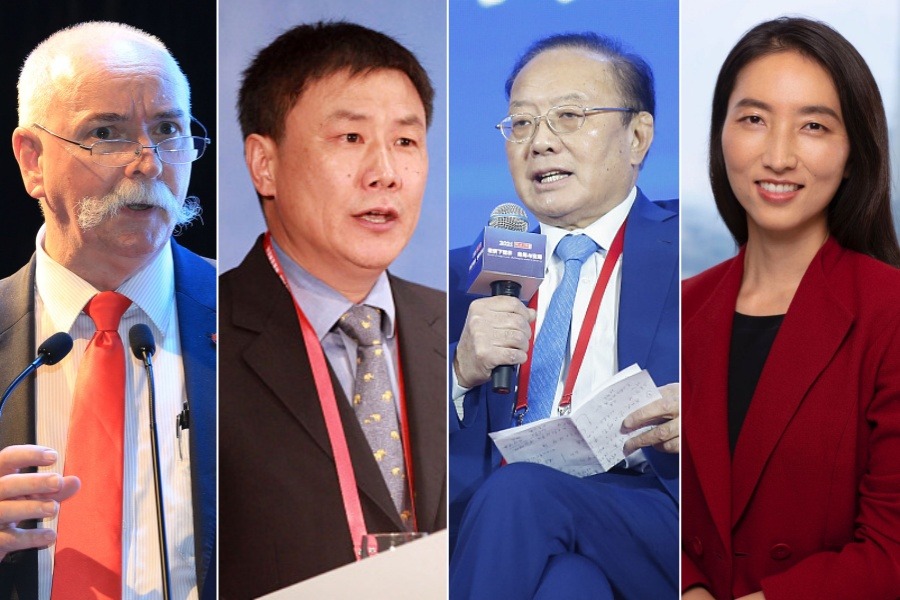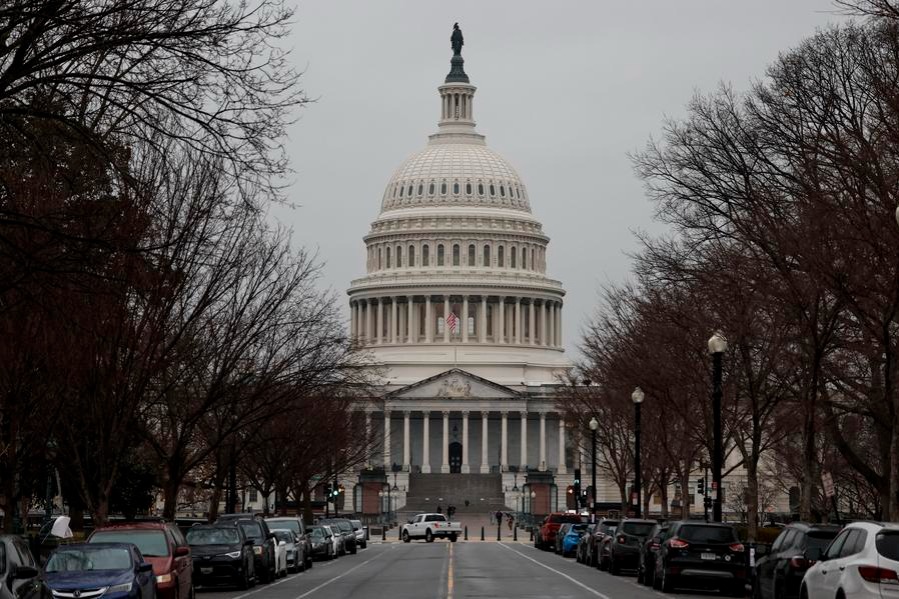Violating due procedures, basic rights


Huawei Technologies' Chief Financial Officer Meng Wanzhou and her defense team are currently contesting in a Canadian court against the efforts to extradite her to the United States for alleged fraud.
The continuing trial comes amid Washington's campaign to ban the Chinese telecom giant around the world. Ordering Canada to arrest Meng in 2018 reminds the world how US agents arrested French industrial conglomerate Alstom's senior leader Frederic Pierucci in 2013 and how US lawyers, companies and government departments together "dismembered" Alstom, which had been a growing competitor to US companies.
Weeks ago, in the Canadian court, Meng's lawyers questioned why the arrest did not set off "alarm bells" to the arresting federal police officer.
There was a clear abuse of process committed by the Canadian and US authorities during her arrest in December 2018, and the testimony of the officers this week contradicts what happened during the arrest.
According to the court documents, arrest of Meng was delayed due to "safety concerns" until she got off the plane so that the Canada Border Services Agency officers could question her for three hours without legal representation, and her electronic devices were seized before Royal Canadian Mounted Police officials arrested her.
But there was no discussion in the officer's log about any imminent safety concerns before the arrest operations. This was reflected in what the arresting officer put on during the arrest; there was no bullet-proof vest.
The officer also did not search if there were knives but first reached out to Meng's cellphone and put it in a specialized Faraday bag to block any electronic signals. The "seamless" next move was for the border agent to hand over Meng’s mobile passcode to the police, which the agent later admitted was an embarrassing moment and a "mistake".
Also, there was a contradiction in the affidavit for the judge to issue a warrant for the arrest since the Canada Border Services Agency told the arresting officers that Meng owned two homes in Vancouver but not in the way described in the affidavit as having no ties to Canada.
Meng is now under partial house arrest in her home in Vancouver. The trial is scheduled to wrap up in April 2021. But it could drag on for years because appeals will likely be made since the premise of the affidavit was violated in the arrest, and there was a clear violation of the basic legal rights of an individual who is a senior executive of a well-respected Chinese company that could rival the leadership of the dominance of the West in this area.
Not just Canada, even the United Kingdom is no longer acting like a strong state, as independent as before, and as pro-trade as before. The "Five-Eyes" Alliance of the UK, the US, Australia, New Zealand and Canada, in general, has recently been very high-profile in containing China.
It is ironic that what the Alliance accuses Huawei of is what the former is currently believed to be doing. The Alliance is a multinational global surveillance program, capable of monitoring the data of entire populations of the world by intercepting private communications such as emails, text messages, and phone calls from infrastructure such as satellites, telephone networks and fiber optic cables, and from records of user data from large technology companies.
But several high UK officials have been alluding to reasons other than solely security issues of Huawei equipment; even MI5 said a couple of times that Huawei did not pose a significant security risk. How Huawei should be treated does not seem to reach a consensus even within the UK.
On the other hand, American whistleblower Edward Snowden revealed that the US has a mass surveillance program; the most notorious of all is the PRISM program, which has direct access to servers of several technology giants in the US. The US takes advantage of the data collected from all around the globe.
The US again systematically thwarts its global business competitors beyond non-market means. The US government’s move last year blocked sales of semiconductor products to Huawei. Companies that want to do business with Huawei now must obtain export licenses from the US Department of Commerce.
Meng’s arrest triggered an ongoing tension between Washington, Ottawa, and Beijing. The Chinese Foreign Ministry protested that Meng was a victim in a purely political event.
The new occupant of the White House in January has to get a message that the US people dislike injustice applied to innocent people and companies and disturbance caused to the world order. Hopefully Meng could be set free in Canada and the new American administration will lead the US to rebuild the world of free trade and fair technology race with good sportsmanship.
The author is Professor at the Paris School of Business, and the Southwestern University of Finance and Economics, and a commentator on China’s economy and world politics.
The views do not necessarily reflect those of China Daily.

































